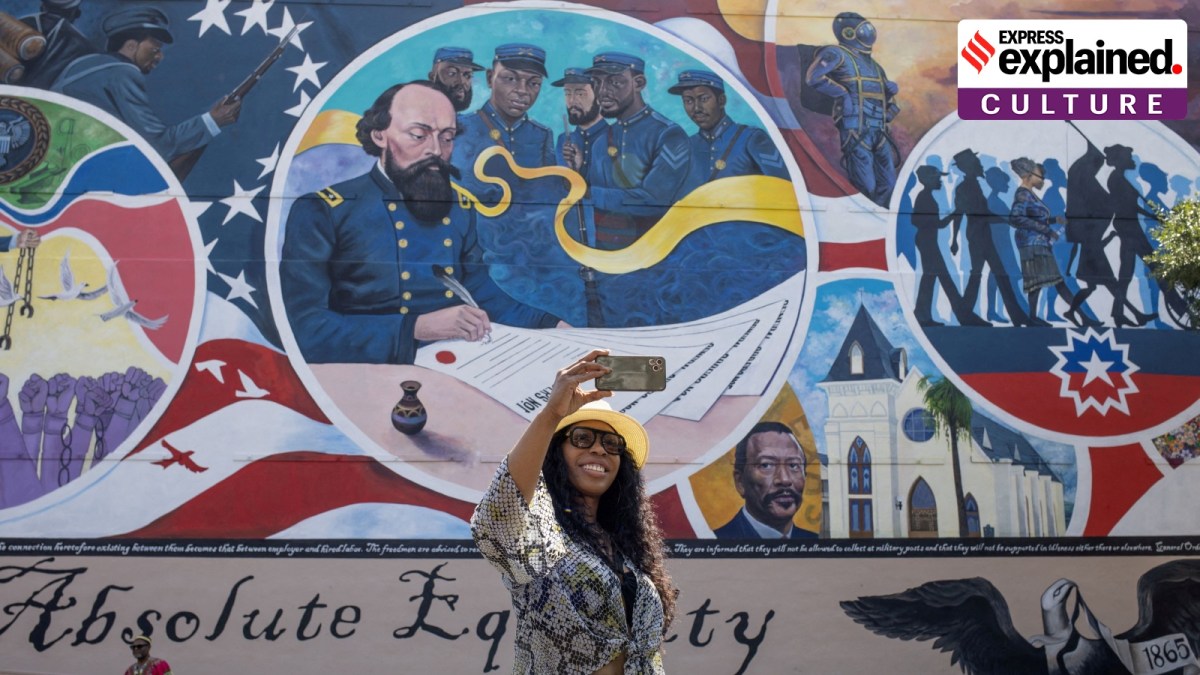What is Juneteenth and what is its significance?
Celebrated on June 19 annually, Juneteenth a symbolic date representing freedom and the end of slavery for African Americans.

Juneteenth, a portmanteau of “June” and “nineteenth,” is the oldest nationally celebrated commemoration of the ending of slavery in the United States. Observed on June 19 every year, it marks a pivotal moment in American history.
Here is a look at the history of Juneteenth and its significance.
Emancipation delayed: The road to Juneteenth
On January 1, 1863, President Abraham Lincoln issued the Emancipation Proclamation, declaring the freedom of all enslaved people within the rebellious states. However, this proclamation did not immediately free all enslaved individuals, as many slave owners in Confederate territories — Texas, Arkansas, Louisiana, Tennessee, Mississippi, Alabama, Georgia, Florida, South Carolina, North Carolina and Virginia — refused to comply.
It wasn’t until June 19, 1865, that the last enslaved African Americans in the Confederate states were freed. Major General Gordon Granger arrived in Galveston, Texas, and issued General Order No. 3, announcing the end of slavery in Texas and proclaiming that all enslaved people were free. This date, more than two years after the Emancipation Proclamation, came to be known as Juneteenth.
The journey to recognition: From grassroots to Federal Holiday
The modern movement for greater recognition of Juneteenth began in 1994, when advocates from various groups gathered to push for its national observance. This momentum continued to grow, particularly in the context of racial justice movements such the Black Lives Matter (which began in 2013) of the 21st century.
Juneteenth today: Celebrations and commemorations
Juneteenth has since become a symbolic date representing freedom and the end of slavery for African Americans. The day is celebrated with community events such as parades, cookouts, prayer gatherings, and musical performances.
Educational events highlight the historical significance of the day and the contributions of African Americans to society. For instance, some communities in Texas purchased land to hold celebrations, such as Emancipation Park in Houston. In 2024, special displays of the Emancipation Proclamation and General Order No. 3 at the National Archives in Washington, DC, are part of the commemorations.
Juneteenth Awareness: A call for recognition
The primary opposition in states that have not adopted it as a paid holiday centers on the cost of giving workers another day off. There are concerns about there not being enough public awareness of Juneteenth to justify making it a paid holiday. Senator Joey Hensley, a Republican, highlighted a concerning lack of awareness among the public regarding Juneteenth. In his discussions with more than 100 constituents, he found that only two knew about the holiday, according to a report by The Pew Charitable Trusts.
However, proponents of Juneteenth as a paid holiday emphasise its importance in acknowledging and educating about America’s history of slavery and the ongoing struggle for racial equality. Recognizing Juneteenth helps promote a more inclusive understanding of American history.